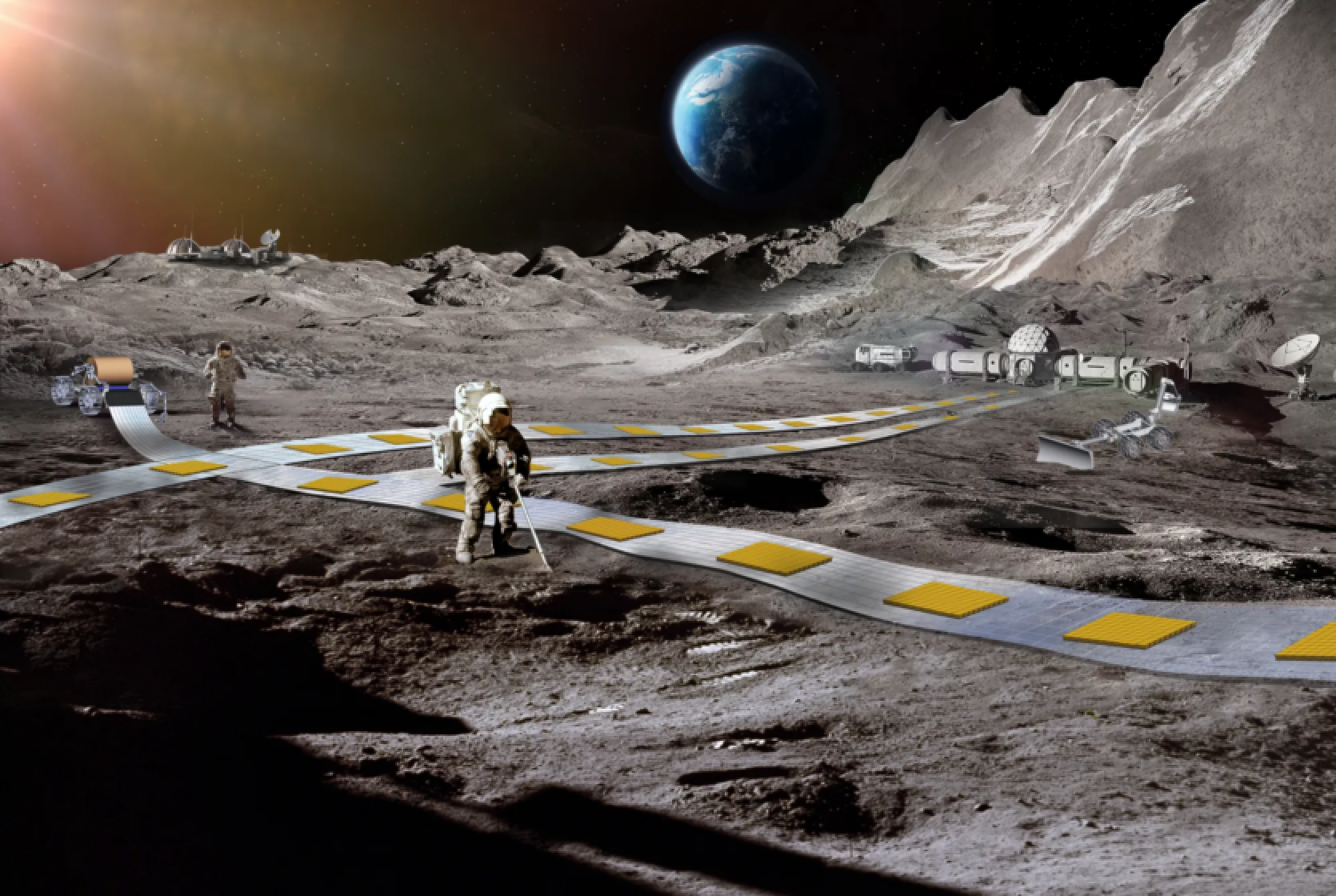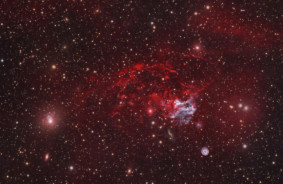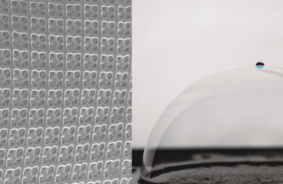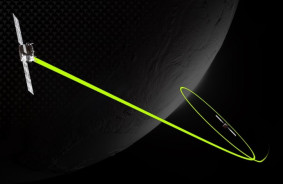Magnetic levitation or maglev is a train on a magnetic suspension, driven and controlled by magnetic forces. Despite the fact that the technology is still underdeveloped on Earth, the American space agency plans to launch this miracle iron road on the Moon in the next decade.
The project, more like a science fiction plot, is called Flexible Levitation on a Track (FLOAT) and has received funding for further research. According to NASA, a similar pace of design and further development will allow the maglev to be launched and materials to be transported on the surface of the Moon by the 2030s.
"We want to build the first lunar railway system that will provide reliable, autonomous, and efficient cargo transportation on the Moon," wrote Ethan Schaler, project leader and robotic engineer at NASA's Jet Propulsion Laboratory, in a NASA blog. "A stable and durable robotic transportation system will be crucial for the daily operation of a permanent lunar base in the 2030s."
According to NASA's initial project, FLOAT will use "magnetic robots that will hover over a three-layer film track on the surface of the Moon" - carts will be attached to them, which will move at an approximate speed of 1.61 km/h. It is planned that they will transport 100 tons of material to and from the future lunar base of the space agency daily.
NASA plans to send astronauts to the Moon in 2026 as part of the Artemis III mission. Meanwhile, Artemis II, previously planned for November 2024, has been postponed to September 2025 - a mission with a crew of 4 will repeat the path of "Orion," which orbited the Moon in 2022 unmanned. However, it recently emerged that the spacecraft had problems with its heat shield during the previous flight, so it may be necessary to expect another postponement of the dates.
Source: livescience, NASA














Komentāri (0)
Šobrīd nav neviena komentāra